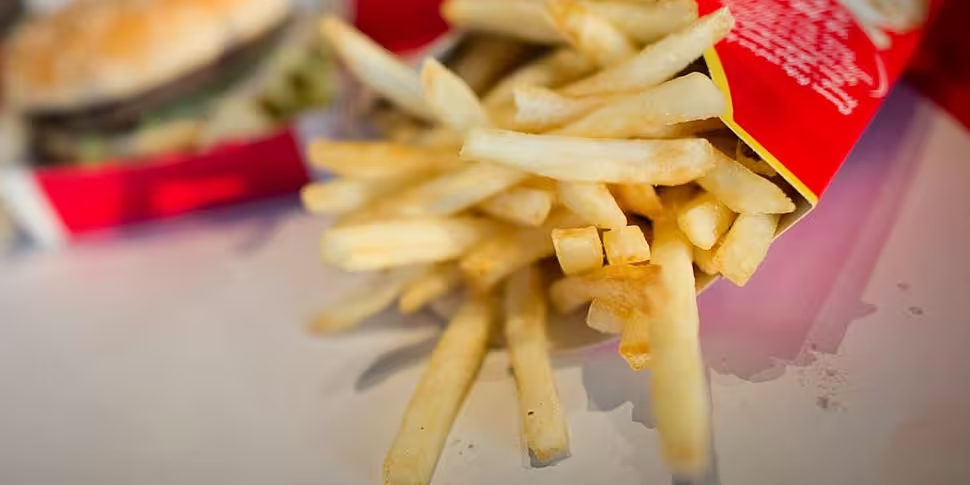The clinical lead for obesity in the HSE says a tax on the 'top shelf of the food pyramid' would help raise much needed funds.
Professor Donal O’Shea told Newstalk Breakfast it could be similar to the sugar tax.
"The health service is going to need money to cope over the next couple of years and to deal with waiting lists.
"So there had been talk before then pandemic about a 'top shelf of the food pyramid' tax - where you looked at a tax on high salt, high fat, high sugar foods.
"That's what the industry promotes predominantly, and that's what people are therefore consuming.
"The food industry determine what we eat and drink, the discounts apply to the high fat, high salt, high sugar foods."
"I think we have to learn lessons from the pandemic, and I think we need not to blame but take what can you learn out of it.
"People who got COVID-19 who did badly were people older adults, people with cardiovascular disease, people who smoked and people living with extreme obesity, in particular.
"We don't have all the data back, but certainly people living with extreme obesity were more likely to end up in ICU, more likely to end up ventilated.
"You can't do anything about your age, you can't do anything about your ethnic status, there's very strong evidence that former smokers... had a much lower risk than smokers.
"And I think the same will be seen when we look at all the data: that overweight and obesity is a spectrum, like any other condition, and we need less of it in society.
"So society needs to learn the lessons, not just the food industry".
He said the pandemic brought "much more cooking at home, there was much more family meal time, there was much more family out together time".
"We've got to address access to healthy food, capacity to cook.
"But if we can learn the lessons of the pandemic that it is possible to change behavior and you see the benefits of that behaviour change, then we can maybe start to use those lessons positively".









